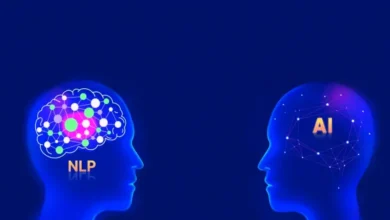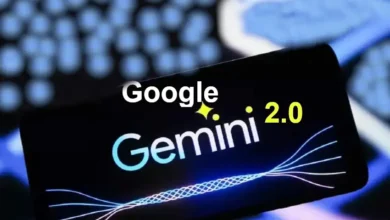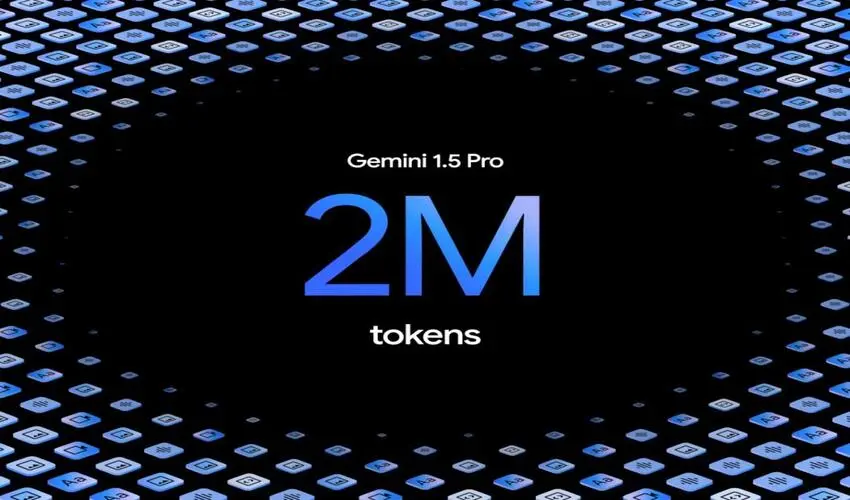Top 05 AI Tools Every Researcher Should Know About

Top 05 AI tools every researcher should know about. Research can be a daunting process. From conducting literature reviews to writing and editing papers, researchers often spend countless hours perfecting their work. But with AI tools, this process can become faster, more efficient, and far less stressful. Let’s explore five incredible AI tools that can transform the way you research and publish.
Research Rabbit
Overview: Research Rabbit is often referred to as the “Spotify for research.” Just like Spotify creates personalized music playlists, Research Rabbit curates research paper collections tailored to your topic of interest. By uploading papers you’ve already explored, the tool recommends related and recent studies.
Features and Benefits
- Network Visualization: It provides a network map of citations, showing you which papers are heavily referenced.
- Author and Paper Tracking: Dive into an author’s entire portfolio to understand their contributions.
Why It Stands Out
The best part? It’s completely free, and its founders have no plans to make it a paid tool. This makes it an invaluable resource for budget-conscious researchers.
ChatPDF
Overview: ChatPDF Imagine being able to ask questions to a PDF like you would to a person. That’s exactly what ChatPDF offers. It’s like ChatGPT but specifically designed for PDFs.
Features
- Simplifies Complex Papers: Struggling to understand dense academic language? ChatPDF breaks it down into simpler terms.
- Summarization and Q&A: It can summarize entire papers or answer specific questions based on the content.
Ideal Use Cases
New to a research field? Use ChatPDF to get up to speed quickly without spending hours deciphering complex jargon.
Search for AI: AI Tools Can Transform Your Life and Career and Top 10 Free AI Tools.
Trinka
Overview: Trinka goes beyond basic grammar correction by tailoring its suggestions for academic and technical writing.
Key Features
- Sentence Structure and Tone: It refines your language, ensuring your paper sounds professional.
- Advanced Tools: Includes citation and plagiarism checks, although these features may be less comprehensive.
Plans and Recommendations
Trinka’s free plan supports up to 5,000 words, which is often sufficient for most research papers. Personal experience shows it can identify hundreds of subtle mistakes in even polished manuscripts.
Consensus
Overview: Consensus combines the best of Google Search and scientific databases to deliver evidence-backed answers.
Features
- Peer-Reviewed Results: Unlike Google, it avoids blogs and sponsored content.
- Focused Answers: Ideal for resolving specific research questions with reliable data.
Use Cases
Whether you’re validating your research direction or exploring new topics, Consensus ensures you’re backed by credible sources.
Plagiarism Checker by Plag.ai
Overview: Plag.ai takes plagiarism checking to the next level by comparing your work against billions of articles, ensuring thorough and accurate results.
Features
- Real-Time Comparison: Even newly published articles are included.
- Affordable Paid Plans: For less than $10, access an even wider database for conference-ready checks.
Recommendations
While the free version suffices for most, the paid plan is invaluable for professional submissions.
How These Tools Work Together?
Using these tools in combination can revolutionize your research workflow. Start with Research Rabbit for literature reviews, use Consensus to validate findings, and rely on ChatPDF for summarization. Trinka refines your writing, while Plag.ai ensures your work’s originality.
Conclusion
AI tools like Research Rabbit, ChatPDF, Trinka, Consensus, and Plag.ai have made research more accessible and efficient. Whether you’re a seasoned researcher or a student starting, these tools can save you time and improve the quality of your work. Give them a try and see the difference they make. For more AI tips visit our website Media Music Mania.
FAQs
1. What is the best free AI tool for literature reviews?
Research Rabbit stands out for its intuitive design and powerful recommendation system.
2. Can ChatPDF summarize any type of PDF?
Yes, as long as the PDF is text-based and not scanned as an image.
3. Is Trinka only for researchers?
No, Trinka is also useful for anyone looking to improve their academic or technical writing.
4. How accurate is Consensus compared to Google?
Consensus provides peer-reviewed findings, making it far more reliable for research purposes.
5. Why is plagiarism checking important for researchers?
It ensures your work is original and meets ethical standards, especially for publication.









